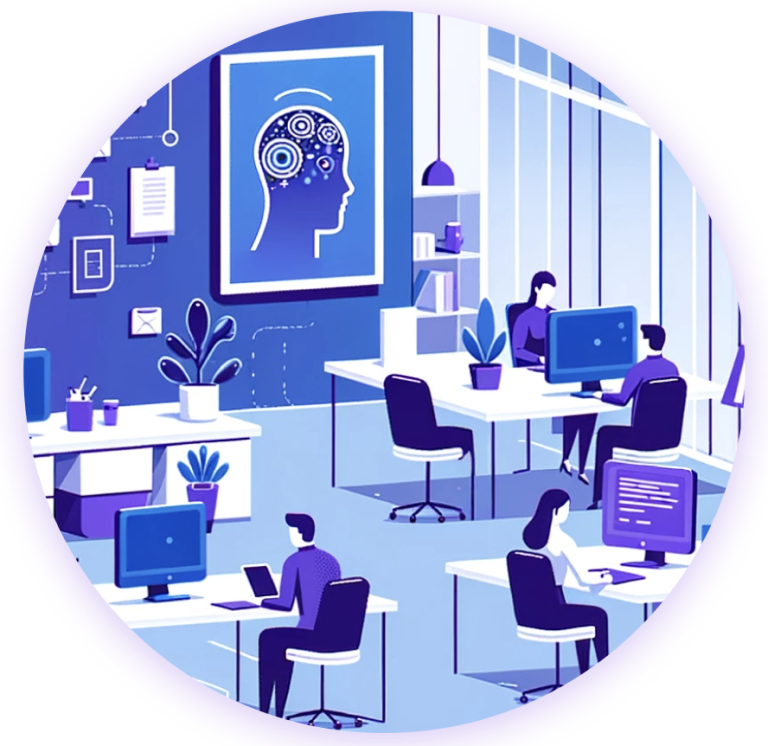When is Professional Development Effective?
Professional development is effective when it aligns with specific goals and provides practical skills to employees, boosting their performance and motivation. Successful professional development programs focus on addressing individual and organizational needs, fostering a continuous learning culture, and involving active engagement and feedback from participants.
Emphasizing real-world application, collaboration, and relevance to employees’ roles and future career aspirations are key factors that contribute to the effectiveness of professional development initiatives. By using a comprehensive approach that combines different learning methods, such as workshops, mentorship, coaching, and online courses, organizations can ensure that professional development efforts have a lasting impact on employee growth and organizational success.

Credit: www.prodigygame.com
The Importance Of Effective Professional Development
Effective professional development plays a crucial role in enhancing employees’ skills and competencies, leading to improved performance and productivity. It involves continuous learning and growth opportunities that broaden knowledge and expertise. By staying updated with industry trends and advancements, professionals can adapt to changing demands and contribute effectively to organizational success.
Moreover, professional development fosters a culture of innovation and encourages employees to think critically and creatively, resulting in improved problem-solving abilities. It also promotes career advancement and job satisfaction, as individuals feel valued and supported in their professional growth. Organizations that prioritize effective professional development programs not only attract top talent but also retain high-performing employees.
Ultimately, investing in professional development creates a win-win situation, benefiting both individuals and the organization as a whole.
Factors Affecting The Effectiveness Of Professional Development
Professional development is effective when it aligns with organizational goals, caters to individual needs, motivations, and when sufficient time and resources are allocated. By aligning professional development programs with the goals of the organization, employees can gain relevant skills and knowledge that directly contribute to the growth and success of the company.
Taking into account individual needs and motivations ensures that employees are actively engaged and motivated to learn and grow. By addressing their specific areas of interest and development opportunities, professional development becomes more effective. Additionally, allocating sufficient time and resources for employees to participate in training programs allows them to fully immerse themselves in the learning process, enhance their skill set, and implement new strategies in their work.
With these factors in place, professional development becomes a powerful tool for personal and organizational growth.
Strategies For Effective Professional Development
Professional development is effective when it includes personalized learning opportunities. These opportunities allow individuals to focus on their specific needs and goals. Collaboration and learning communities also enhance effectiveness by fostering an environment of shared knowledge and support. By working together, professionals can exchange ideas and learn from each other’s experiences.
Feedback and reflection play a vital role as well, enabling individuals to receive constructive input and analyze their own growth. Continuous assessment and self-evaluation help professionals identify areas for improvement and make necessary adjustments. A holistic approach to professional development ensures that it is targeted, relevant, and impactful.
Ultimately, effective professional development empowers individuals to enhance their skills, stay current in their fields, and achieve their professional objectives.
Frequently Asked Questions Of When Is Professional Development Effective
What Makes A Professional Development Effective?
Effective professional development involves engaging activities that enhance skills and knowledge through practical experiences.
When Should Professional Development Be Used?
Professional development should be used whenever individuals want to enhance their skills and knowledge.
How Do You Run An Effective Professional Development?
To effectively run professional development, follow these four guidelines: 1. Keep your sentences short, with a maximum of 20 words each. 2. Ensure your writing is SEO friendly, unique, plagiarism free, easy to understand, and in active voice. 3. Avoid starting sentences with phrases like “When it comes to,” “If you,” “Looking,” or “In conclusion.
” Also, refrain from using words like “Additionally,” “Moreover,” “However,” or “Furthermore. ” Write in active voice. 4. Make sure your writing passes AI detection and sounds natural, like a human wrote it.
What Are The Five Ps Of Effective Professional Development?
The five Ps of effective professional development are purpose, planning, participation, practice, and reflection.
Conclusion
Effective professional development is crucial for the growth and success of individuals and organizations. It enables employees to acquire new skills, expand their knowledge, and stay relevant in today’s ever-changing work landscape. By investing in professional development initiatives, companies empower their workforce to become more efficient and productive, ultimately leading to increased competitiveness and better business outcomes.
One key factor that determines the effectiveness of professional development is ongoing support and mentorship. Providing employees with continuous guidance and feedback ensures that they are able to apply what they have learned in real-world scenarios. Additionally, personalized learning experiences tailored to individual needs and learning styles contribute significantly to the efficacy of professional development programs.
Another vital aspect is the integration of technology in the delivery of professional development. Online platforms and tools offer flexible and accessible learning opportunities, allowing employees to learn at their own pace and convenience. Moreover, incorporating interactive and engaging elements, such as gamification and multimedia resources, can enhance the overall learning experience and improve knowledge retention.
To ensure the success of professional development initiatives, it is important for organizations to foster a culture of learning and encourage employees to take ownership of their own development. By nurturing a learning mindset and providing opportunities for growth, businesses create an environment that fosters talent and innovation.
Effective professional development is an investment that reaps long-term benefits for both individuals and organizations. By prioritizing ongoing support, personalization, technology integration, and a culture of learning, companies can empower their employees to reach their full potential, drive business success, and stay ahead in today’s competitive world.



